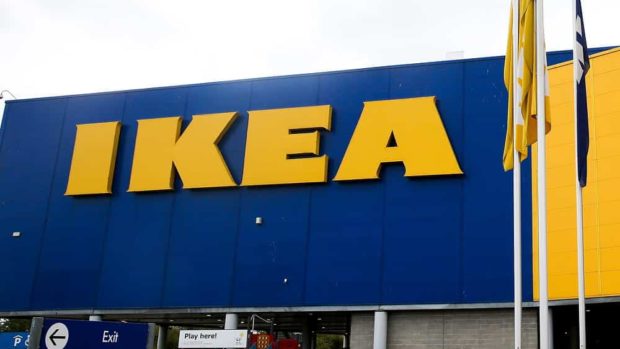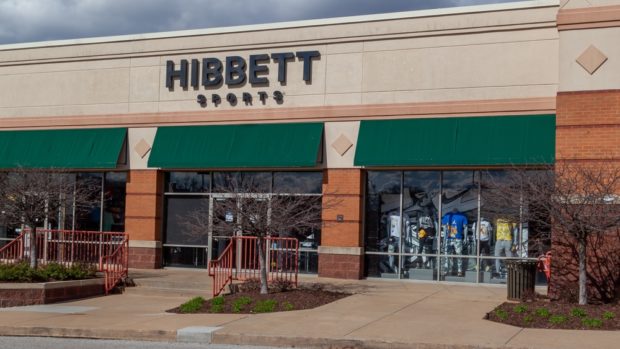
BigCommerce has released its Global Consumer Report: Current and Future Shopping Trends, a consumer survey designed to give retailers insight into current and emerging trends shaping the way consumers buy from brands. The Metaverse, cryptocurrency and NFTs are poised to revolutionise commerce in some form or another, while personalised shopping experiences and incentives, such as free shipping and discounts, are key factors driving purchases. Fashion and apparel was by far the most popular category for online shoppers.
Key insights from the survey revealed:
- Over half of consumers shop online at least once a week (55 per cent), with fashion and apparel as the most purchased items. As for discounts, they prefer free shipping above anything else.
- Consumers who use buy now, pay later (BNPL) do so because they say it helps to fit purchases into their budget.
- Consumers want personalised shopping experiences and advertisements, and are most willing to share their email, gender and name with brands.
- Honesty and transparency are the brand values consumers look for most but providing fair wages and benefits to employees was a close second.
- The majority of consumers (84 per cent) rated sustainability as important when making a purchasing decision.
- Almost half (46 per cent) of consumers are willing to shop on the Metaverse, and of those, 51 per cent are interested in buying both virtual and physical goods.
Lisa Eggerton, chief marketing officer at BigCommerce said: “These findings show technological advances are reshaping the shopper’s journey and providing new and better ways for brands to engage with their customers. The future of commerce is here, and brands have a vibrant opportunity for remarkable growth.”
The report uncovered many consumers are shopping online multiple times per week, with 55 per cent of respondents indicating they shop online at least once a week if not more. Of course, this shouldn’t be that surprising considering people are shopping on Google more than a billion times a day.
As for what consumers are buying online, the report shows that fashion and apparel was by far the most popular category (80 per cent), with electronics coming second (56 per cent) and entertainment and media in third (55 per cent).
When consumers were asked which payment methods they’ve used when shopping online, 16 per cent said they’ve used BNPL, and of those who have used it, the majority were in the US, UK and Australia.
Helping consumers fit purchases into their budget was revealed as a primary reason for choosing BNPL. In fact, of those who’ve used BNPL, 34 per cent were more likely to complete a purchase if BNPL was an option, while 49 per cent would find it easier to complete a purchase if BNPL was an option.
Digging deeper into shopper motivations, the survey sought to understand how personalisation impacts the decision to buy, as well as what information consumers are willing to share in order to get a personalized shopping experience. Thirty seven per cent of respondents were willing to share data depending on what information was requested, while 30 per cent said it depended on brand and 28 per cent were not willing at all.
Of those willing to share personal information in exchange for a personalised advertising or shopping experience, consumers in Italy and France were the most willing. Conversely, shoppers in the US, UK and Australia are more focused on the brand they are sharing information with.
While consumers ranked honesty and transparency as the most important brand value, fair employee wages and benefits weren’t too far behind. However, while US, UK and Australia consumers strongly prefer fair employee wages and benefits, those in France and Italy have a more muted preference towards this option.
Metaverse, cryptocurrency and NFTs are all poised to revolutionise commerce in some form or another. When it comes to Metaverse shopping, consumers were about evenly split between willing (46 per cent) and not willing (52 per cent). Yet, a small percentage (2 per cent) had already shopped on the Metaverse. Consumers in Australia (52 per cent) were the most willing to shop on the Metaverse, and those in France were the least willing (35 per cent).
Unlike the Metaverse, the majority of consumers say they don’t have a good understanding of NFTs, with 26 per cent saying they don’t even know what NFTs are. And this stays relatively consistent regardless of country.
When asked which payment methods were used when shopping online, 5 per cent of consumers said they have used cryptocurrency with the majority being in the US and Italy. And while most people weren’t yet using cryptocurrency, of those who do, a strong majority (66 per cent) preferred it as a payment method.
“Our aim in sharing data from the Global Consumer Report is to help brands across these regions better understand consumer buying behaviors. Brands must put consumers at the heart of everything they do or risk losing market share,” concluded Eggerton.








Share